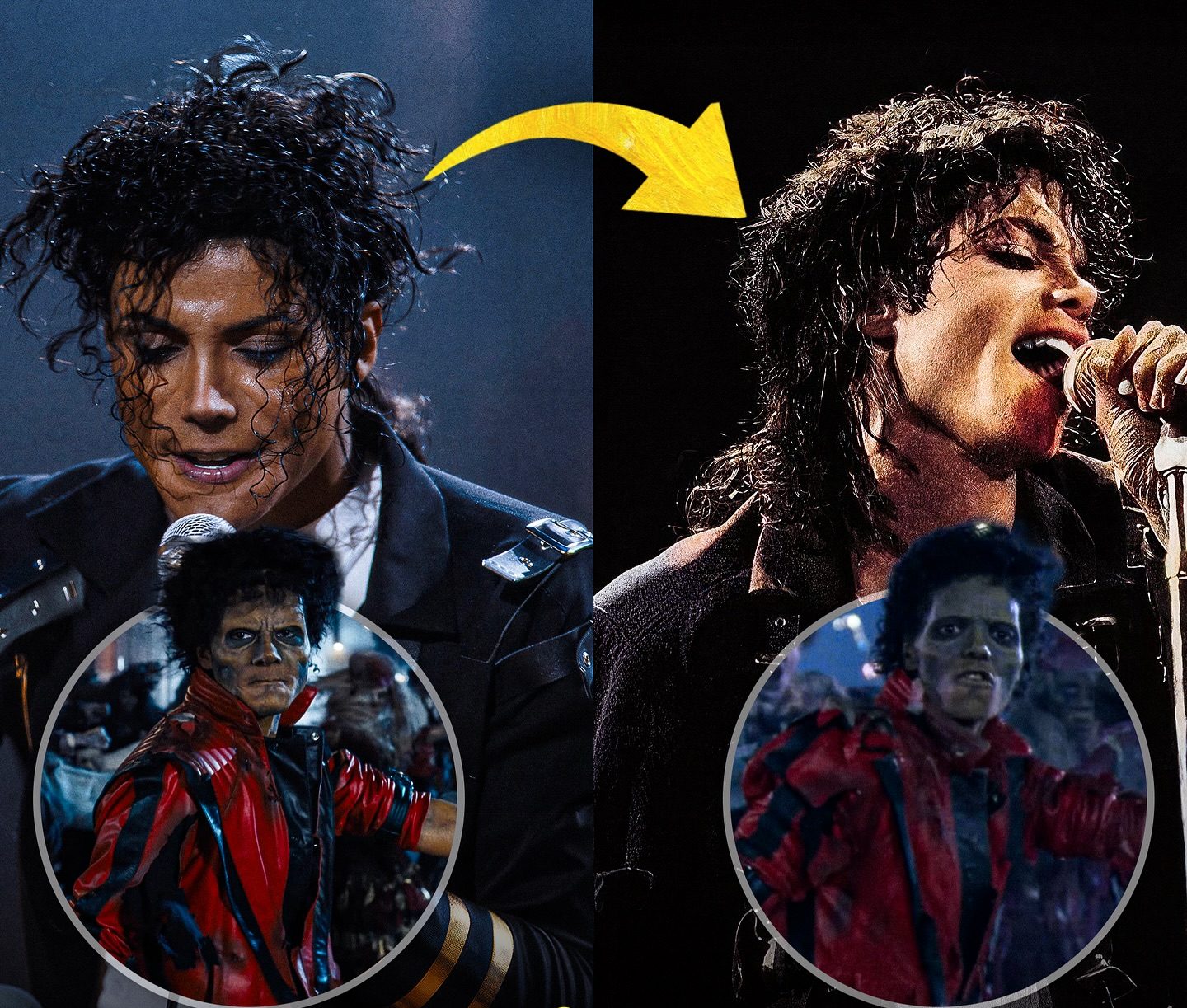First Look: Michael Jackson’s Nephew Cast as Icon Himself in Highly Anticipated Biopic Michael
When the first photographs emerged of Jaafar Jackson embodying his uncle, the legendary Michael Jackson, in the upcoming biopic titled Michael, many viewers did a double-take. The resemblance is startling, the energy palpable, and the project now laced with both promise and weighty scrutiny. The film, directed by Antoine Fuqua and set for release on April 24, 2026, has become one of the most closely watched and debated music biopics in recent years.
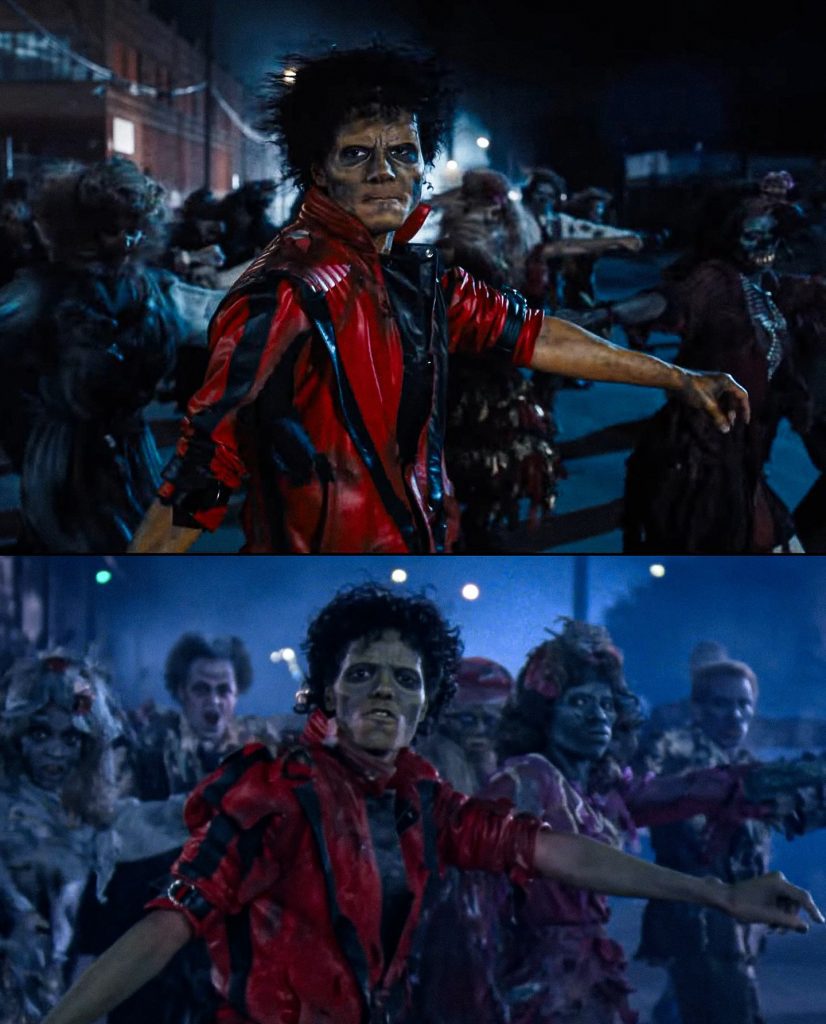
Jaafar Jackson, the son of Jermaine Jackson and nephew of Michael, takes on the titular role, marking his major cinematic debut. According to the press announcement, Fuqua noted that “there was such a spiritual connection” when he first met Jaafar. The casting is further endorsed by Michael’s mother, Katherine Jackson, who described Jaafar as someone who “embodies” her son.
The journey of this biopic has been far from smooth. Originally slated for a spring 2025 release, the film has faced multiple delays and extensive reshoots over production challenges, leading to its postponement to April 2026. One of the key reasons cited is the film’s scope—a story spanning decades, dozens of songs, public triumphs, private trials, and controversies that all demand careful handling.
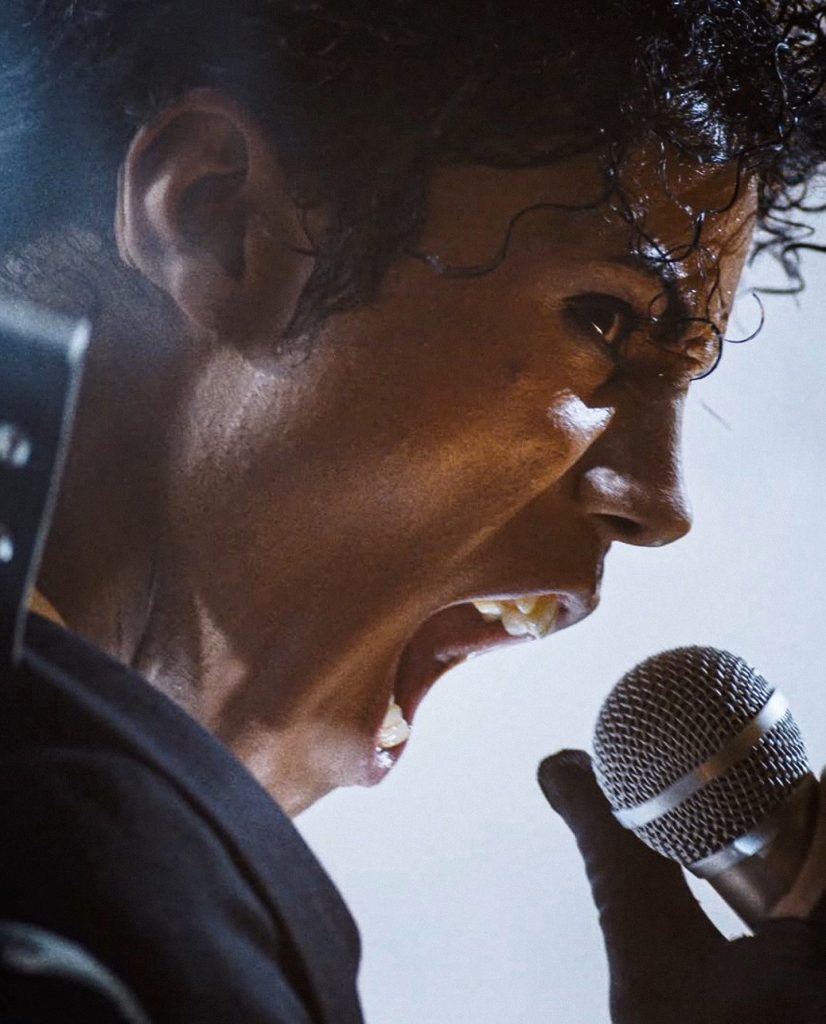
The first teaser trailer dropped in early November 2025 and delivered a potent blast of nostalgia: Jaafar Jackson as Michael, performing signature dance moves, wearing iconic outfits, and inhabiting the stadium energy of his uncle’s heyday. Industry insiders say the teaser managed over 30 million views within six hours, reflecting the intense global interest in this film.
But with such fascination also comes controversy. The legacy of Michael Jackson carries undeniable brilliance—billions in record sales, cultural revolution, faultless stage craft—while also bearing the weight of serious allegations that have shadowed his posthumous image. The biopic’s creators say they intend to present a “complex but unbiased portrayal,” but critics have suggested the narrative may lean too reverent and avoid deeper reckoning with the darker chapters of Jackson’s life.

In a further twist, Michael Jackson’s daughter, Paris Jackson, has publicly distanced herself from the project, stating that she “prefers honesty” to its portrayal and claiming she was sidelined after offering feedback on an early draft. Her comments added fuel to speculation about how the film will balance tribute with accountability.
The images circulating now deepen that intrigue. One photo shows Jaafar Jackson in full Michael garb, hair curly, glove shining, posture poised for a moonwalk. Another sequence reveals film set stills where the younger version of Michael, played by child actor Juliano Krue Valdi, is shown on the cusp of superstardom—training, rehearsing, carrying hope, ambition, and burden. These visuals, juxtaposed side-by-side with archival shots of the real Michael Jackson, are striking. They illustrate not just resemblance in look, but an attempt at capturing rhythm, aura, and movement—something fans and critics will both scrutinize and champion.
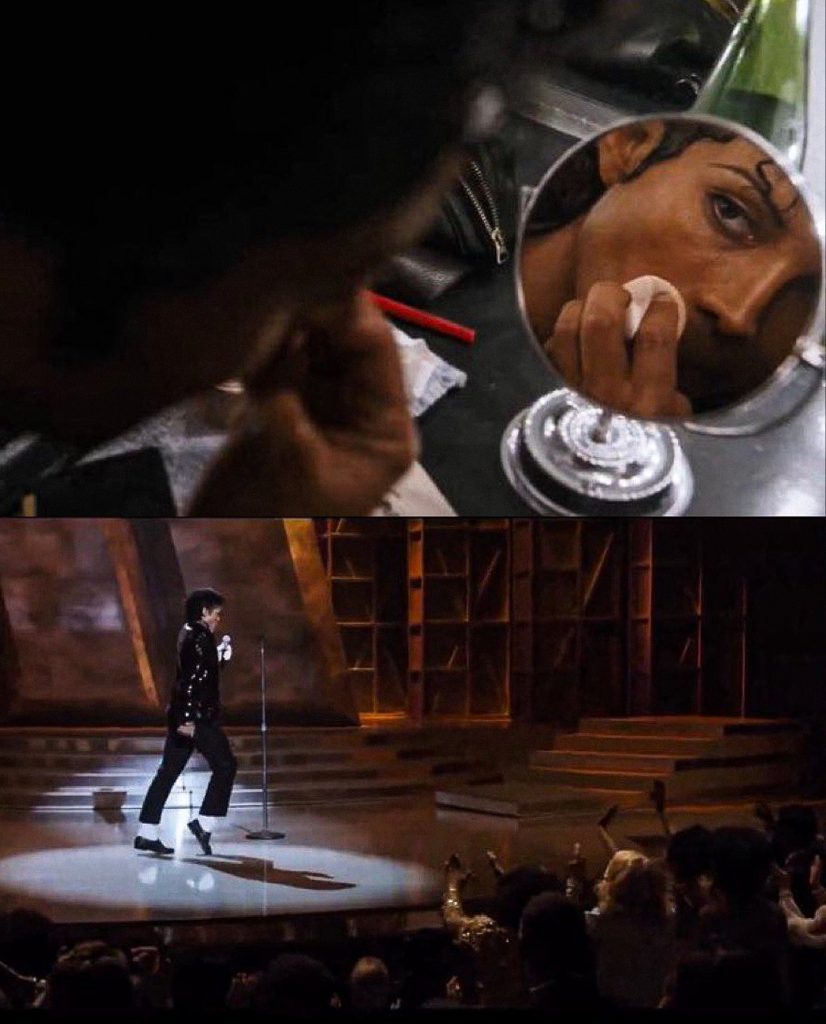
At its core, Michael is cheek-to-cheek with legacy and mythology. The film follows Jackson’s evolution from a child in the Jackson 5 through solo dominance, including landmark albums like Off the Wall, Thriller, and Bad. Filming wrapped its principal photography in May 2024, with additional photography in June 2025 to refine key parts. The filmmaker team includes writer John Logan, known for Gladiator and The Aviator. Studios note the film’s budget is estimated at $155 million.
Yet the bigger question looms: can the film satisfy the vast, varied audience that grew up loving Michael Jackson while also tackling the more contentious chapters of his life? For fans, the likeness of Jaafar Jackson is a dream come true, a near-perfect echo of the King of Pop in posture and presence. For skeptics, the concern remains whether the film approaches Jackson’s controversies with sufficient honesty—or whether it veers into glorification and gloss. The public comments by Paris Jackson suggest some tension between the narrative the film intends and the realities acknowledged by the Jackson family.
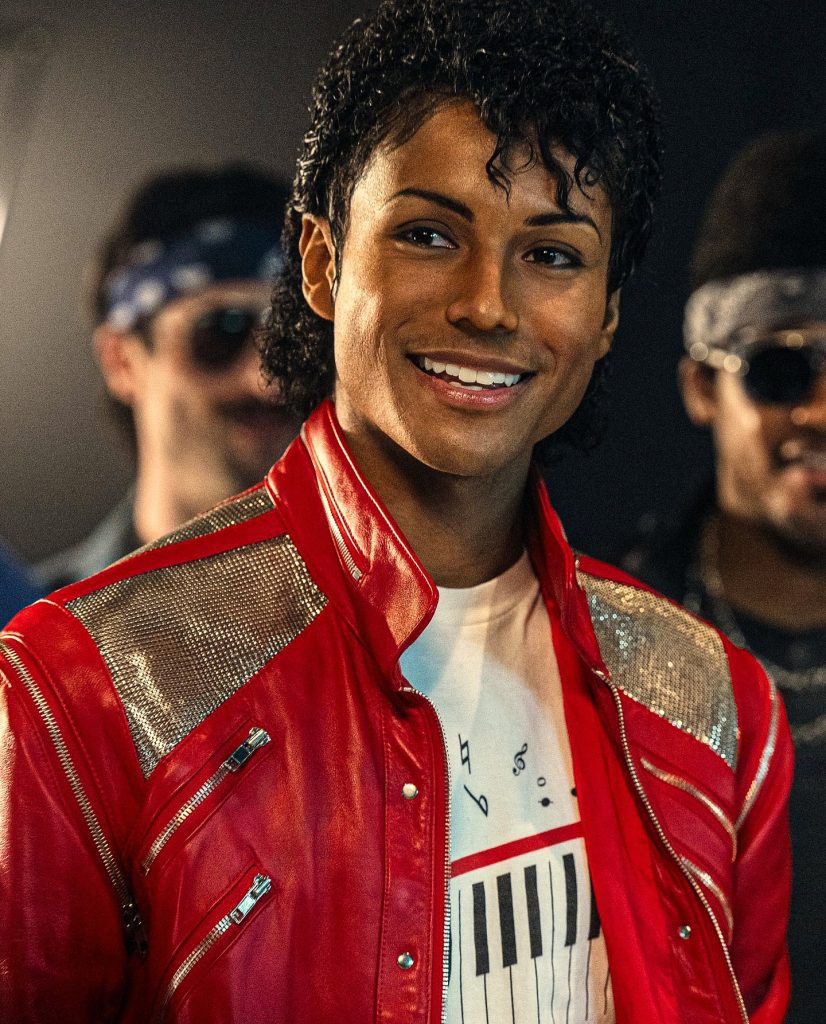
From a narrative standpoint, the filmmakers have challenged themselves to balance dazzling concert sequences, rich musical performance, and the internal life of an icon who lived under unrelenting public scrutiny. Scenes reported to have been reshot reportedly center on how to depict allegations and legal complications surrounding Jackson. The story is not a simple hero’s arc; it is fraught with moral complexity, fame’s isolation, and the price of global stardom.
Producers emphasize the biopic will include more than 30 of Jackson’s songs and immersive recreations of his live performances. The ambition is clear: not just a dramatized turning-point story, but a cinematic event that puts the audience in the arena of Jackson’s mastery. For Jaafar Jackson, the challenge is immense. He has publicly said he is “humbled and honored” to portray his uncle. For those involved, the duty to authenticity carries emotional weight—especially given the Jackson family’s direct involvement and legacy.
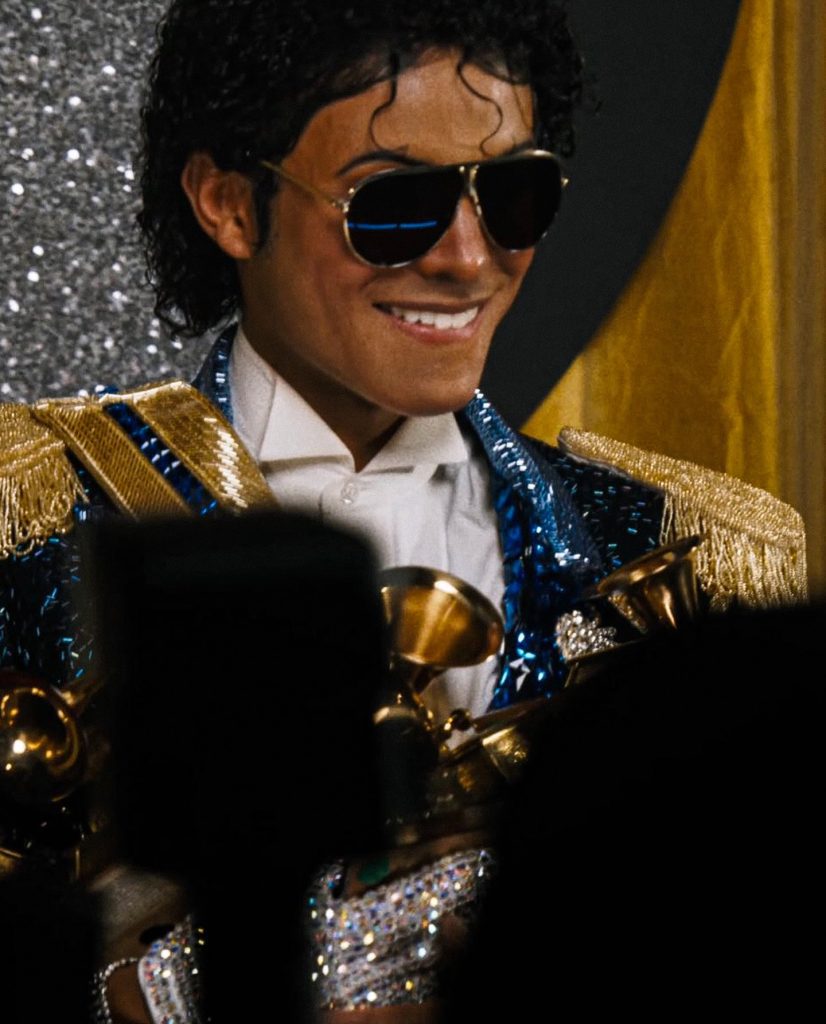
Yet, as many note, biopics of this nature walk a fine line: they must entertain, honor, provoke, and reflect. They must respect truth while engaging in storytelling. Michael Jackson’s story is layered—brilliant performer, pioneer of visual pop, troubled figure, cultural catalyst. Capturing that complexity is no small feat, and the delays and rewrites speak to the filmmakers’ awareness of the stakes.
For audiences, the upcoming release may feel like visiting a time machine: the glove, the moonwalk, the Thriller zombies, the stadium roars. Simultaneously, it asks viewers to look closer—to wonder about the man behind the glitter, the cost of being the greatest entertainer of all time, and the contradictions he carried. How the film handles Jackson’s trials—his battles with fame, allegations, and the public’s unrelenting gaze—will likely define critical reception. Some critics are already wary that the film may omit or soften key aspects in favor of spectacle.

While the film carries high expectations, the cultural moment also invites reflection on Jackson’s legacy beyond music. His influence on dance, fashion, video storytelling, and philanthropy—and the burdens of his life story—are part of the conversation. This biopic may serve not only as entertainment but as a reference point for how modern audiences revisit icons who were both revered and controversial. By casting Jaafar Jackson, a blood relative who has his own budding career in music and dance, the production taps into continuity, memory, and familiarity. For many fans who grew up wishing they could see Michael live, the film may feel like the closest thing. For others, it feels like the start of a complex re-engagement with a star’s myth and mortality.
As the release date approaches, the build-up is unmistakable. The visual glimpses raise excitement; the conversations around legacy draw seriousness. Whether Michael becomes a definitive portrait or a glossy tribute remains to be seen—but one thing is clear: when it hits theaters in April 2026, it will do more than revisit the past. It will invite a global audience to remember, reassess, and celebrate one of the most singular entertainers the world has ever seen. In the process, Jaafar Jackson steps into one of the most challenging roles in popular culture—a nephew embodying the King, tasked with both reflection and rebirth.

